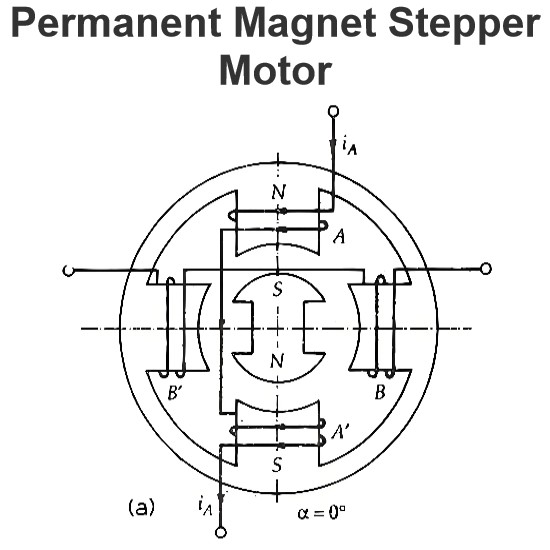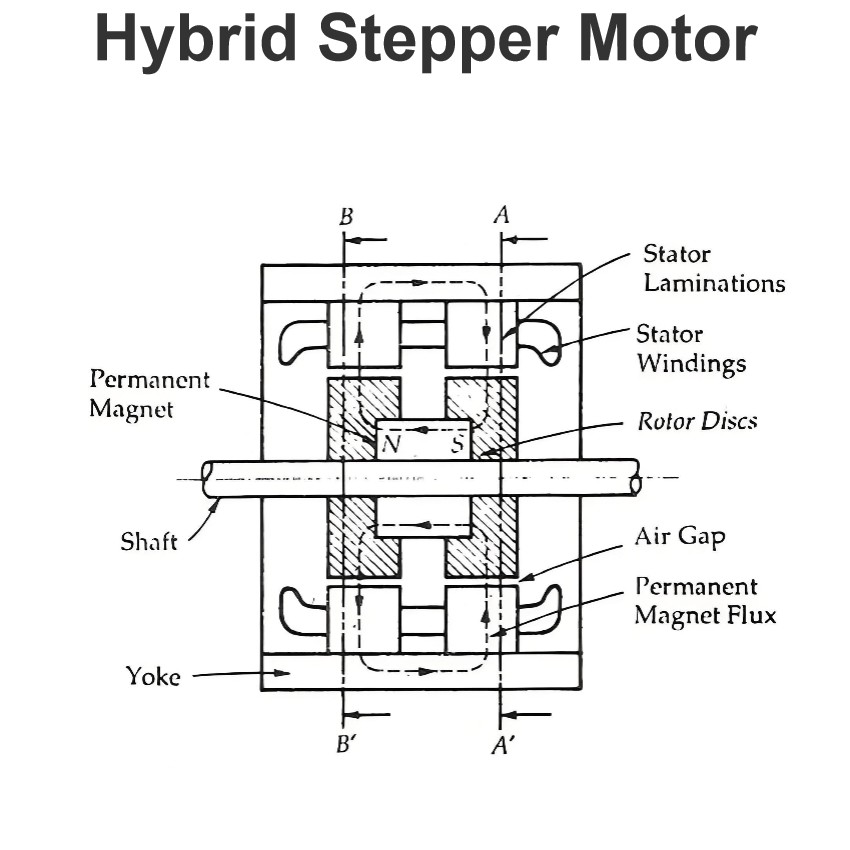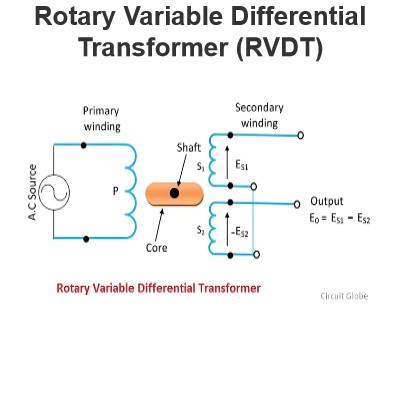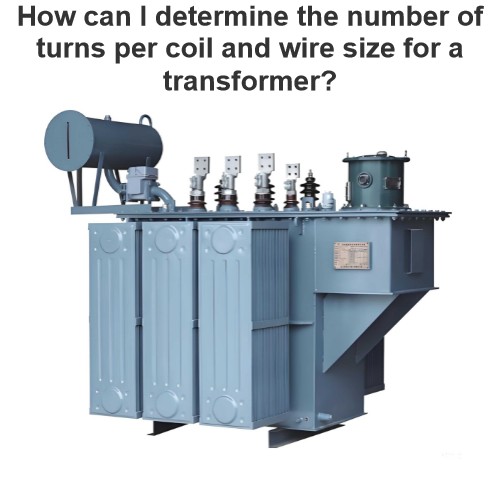What are the advantages and disadvantages of a permanent-magnet motor versus an induction motor?
Permanent Magnet Motors (PMM) and Induction Motors (IM) each have unique characteristics and application scenarios. Below are the advantages and disadvantages of permanent magnet motors compared to induction motors:
Advantages of Permanent Magnet Motors (PMM)
High Efficiency:
Permanent magnet motors do not require excitation current due to the use of permanent magnets, resulting in higher efficiency.
They maintain high efficiency under both light and full load conditions.
High Power Density:
Permanent magnet motors are smaller in size and weight but deliver higher output power, making them suitable for applications requiring high power density.
This makes PMMs popular in electric vehicles, aerospace, and other fields.
High Dynamic Response:
PMMs have fast dynamic response, making them suitable for applications that require rapid acceleration and deceleration.
They offer high control precision, enabling precise speed and position control.
Low Noise and Vibration:
PMMs operate with lower noise and vibration levels, making them suitable for applications with strict noise and vibration requirements.
High Reliability:
PMMs have a simple structure, requiring minimal maintenance and offering high reliability.
Disadvantages of Permanent Magnet Motors (PMM)
Higher Cost:
The cost of permanent magnet materials (such as neodymium-iron-boron) is high, increasing the manufacturing cost of the motor.
High-performance PMMs are generally more expensive than induction motors of the same power rating.
Temperature Sensitivity:
Permanent magnets can demagnetize at high temperatures, affecting motor performance.
Effective cooling systems are needed to maintain operating temperature.
Complex Control:
PMMs typically require complex electronic control systems (such as vector control or direct torque control), adding complexity and cost to the system.
High-performance controllers and sensors may be necessary for certain applications.
Difficult Recycling:
The recycling and disposal of permanent magnet materials are challenging and can have environmental impacts.
Advantages of Induction Motors (IM)
Lower Cost:
Induction motors have a simple structure and are inexpensive to manufacture, making them suitable for mass production.
They are widely used in household appliances, industrial equipment, and other applications.
Robustness:
Induction motors are robust and durable, requiring minimal maintenance.
They are suitable for long-term continuous operation.
Good Temperature Adaptability:
Induction motors perform well over a wide range of temperatures, adapting to temperature changes effectively.
Simple Control:
Induction motors have relatively simple control requirements, typically needing only basic start and protection circuits.
They are suitable for applications that do not require complex control systems.
Disadvantages of Induction Motors (IM)
Lower Efficiency:
Induction motors require excitation current, resulting in lower efficiency, especially under light load conditions.
They consume more energy and are not suitable for applications with high efficiency requirements.
Low Power Density:
Induction motors are larger in size and weight, with lower power density, making them unsuitable for applications requiring high power density.
Slow Dynamic Response:
Induction motors have slower dynamic response, making them unsuitable for applications that require rapid acceleration and deceleration.
They offer lower control precision.
Higher Noise and Vibration:
Induction motors generate more noise and vibration during operation, making them unsuitable for applications with strict noise and vibration requirements.
Summary
Both permanent magnet motors and induction motors have their own strengths and weaknesses. PMMs excel in high efficiency, high power density, and high dynamic response, making them suitable for high-performance and demanding applications, but they are more expensive and temperature-sensitive. Induction motors have advantages in terms of cost, durability, and temperature adaptability, making them suitable for a wide range of general applications. The choice between the two depends on specific application requirements and budget.
The Electricity Encyclopedia is dedicated to accelerating the dissemination and application of electricity knowledge and adding impetus to the development and innovation of the electricity industry.




